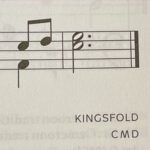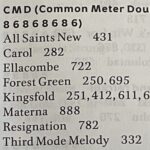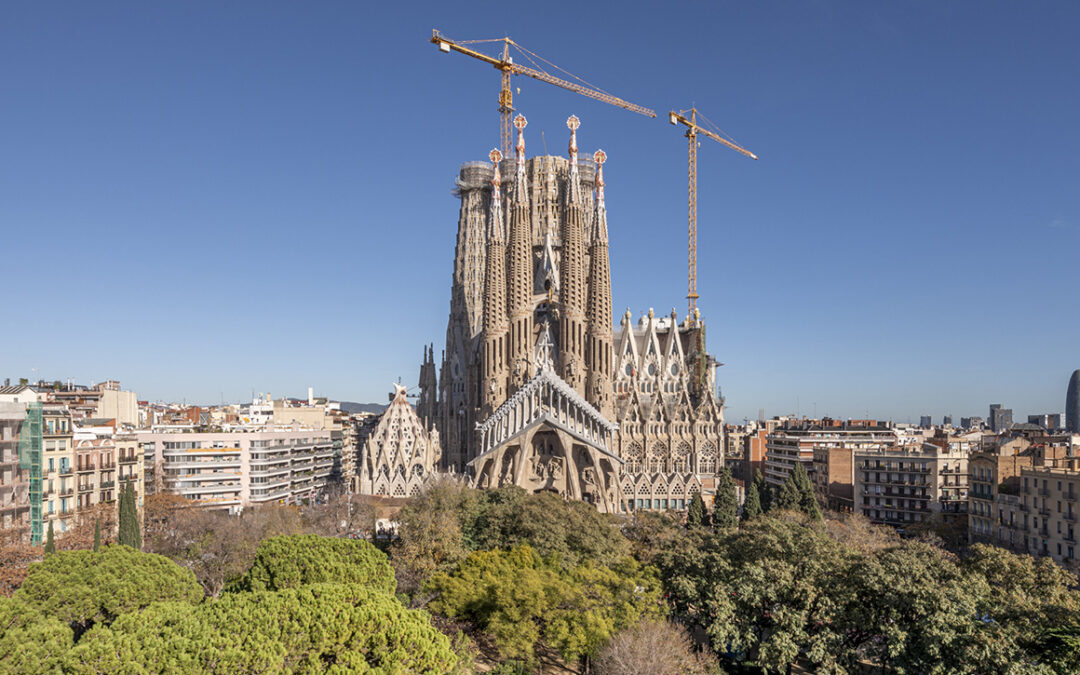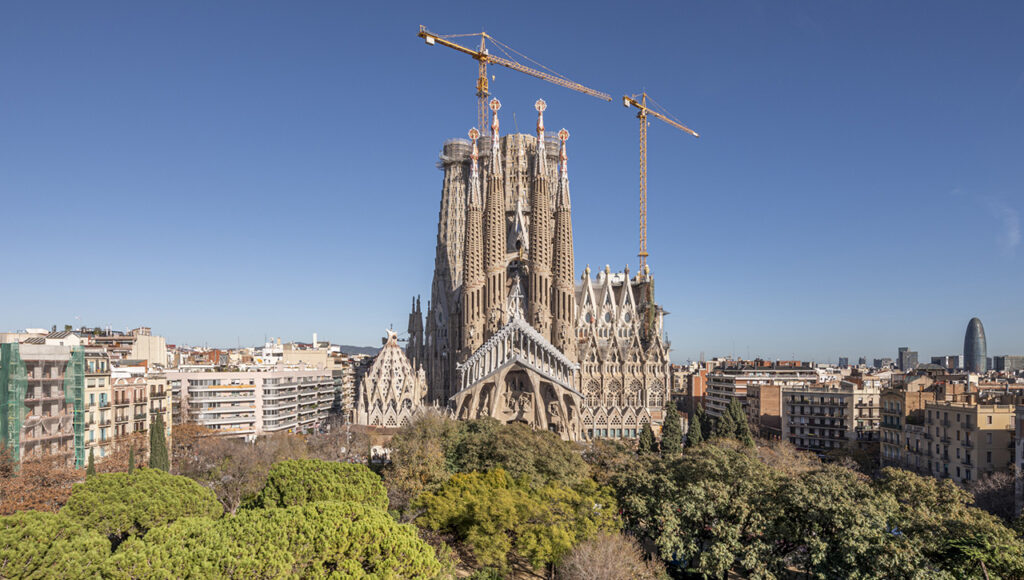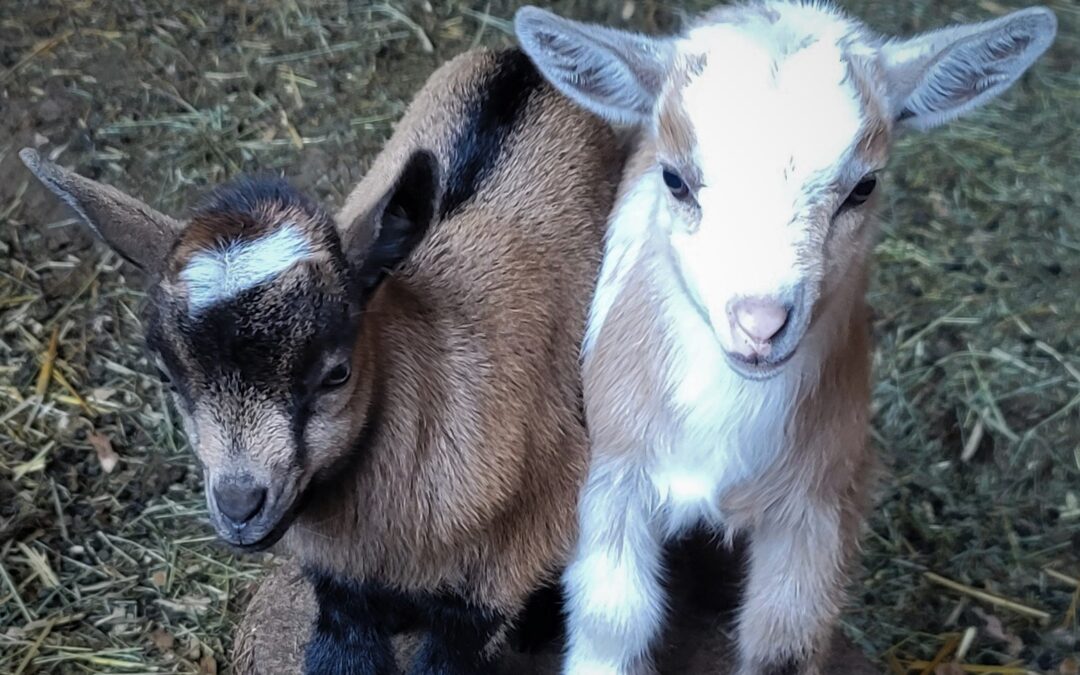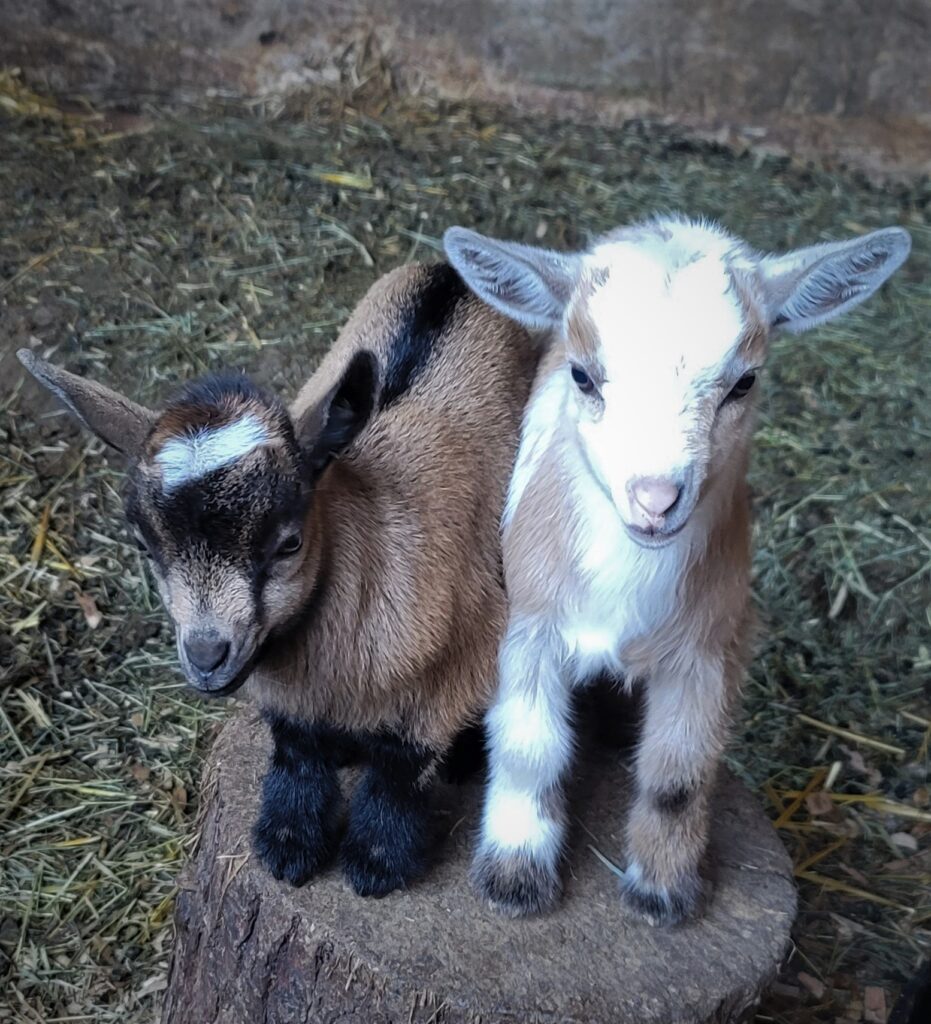
Providence
Today’s Word from Pastor Jim…
“The grass withers, the flower fades, surely the people are grass.” Isaiah
She approached me after the worship service; the mask covered a face that had weathered seasons of great joy and unspeakable sorrow. There were things about God’s providence that she did not understand. She was troubled by God’s providence, or lack of providence.
Providence is not a word we use a lot, unless we are looking for a hospital. What is providence? According to the dictionary it is “the protective care of God.” Last Sunday as we gathered for worship, I entered the sanctuary with a heavy heart. We had received word from our Bishop that one of our colleagues, Pastor Jeremy Fuerst of Central Lutheran Church in Everett, had gone missing in Colorado. He was an avid hiker and rock climber; he had not been heard from since heading out on his own the previous Thursday. On Sunday afternoon, we were informed that he had fallen to his death at the age of 44. What happened to “the protective care of God?” Was God’s providence somehow out of reach on that mountain?
There were things about God’s providence that she did not understand. If she realized it or not, we were both in the same boat last Sunday morning. She said, “The older I get, the dumber I get. I just don’t understand how God is working.” I handed her a bucket and side by side we attempted to bail out the listing boat of faith that we were sharing. Risking a pandemic faux pas, I put my arm around her. “Your words are wisdom, not ignorance. Ignorance is thinking that we, mere creatures, could comprehend the mysteries of God. Most of the time, I don’t have a clue how God is working.”
The moment we come to understand God, in all God’s complexity, is the moment that our faith in God becomes too small. The moment we come to understand God, in all of God’s complexity, is the moment that we fashion ourselves to be God. At that moment our God ceases to be the master of the universe, and becomes an invention of our imagination. Ignorance is arrogance. Wisdom is coming to some peace with our assigned place in creation. Wisdom is living into the mystery, seeking truth that may never be revealed, asking questions that will likely remain unanswered. Wisdom is trusting in something greater than our intellect; something outside of ourselves, something so eternal that our quickly fading flesh cannot comprehend it.
There are things about God’s providence that bother me, and perhaps I am even more bothered by God’s silence. A young woman in Seattle grieves the death of her husband, a congregation in Everett will never see their pastor walk into the pulpit again, and all flesh is like grass. I would like to know why. I shake my fist to heaven seeking understanding, but it is insanely arrogant of me to imagine that I could grasp the truth that will forever be outside of my knowing.
“The older I get, the dumber I get.” That is not ignorance; it is the accumulated wisdom of a human journey. The moment that we understand God in all her complexity is the moment that we have created God in our image.
Shaking my fist toward heaven, I am one beggar telling another beggar where to find bread.
Love, Pastor Jim






